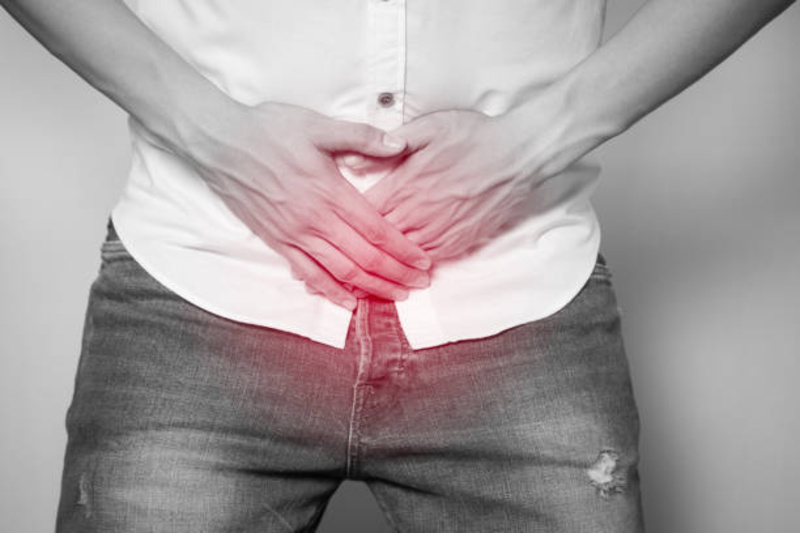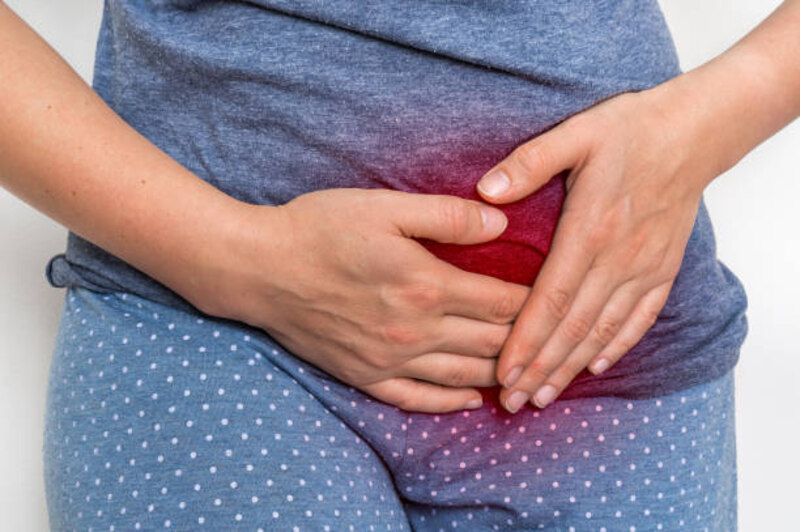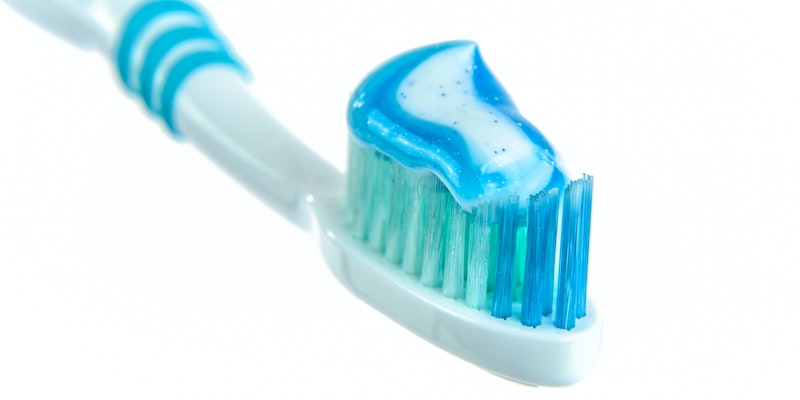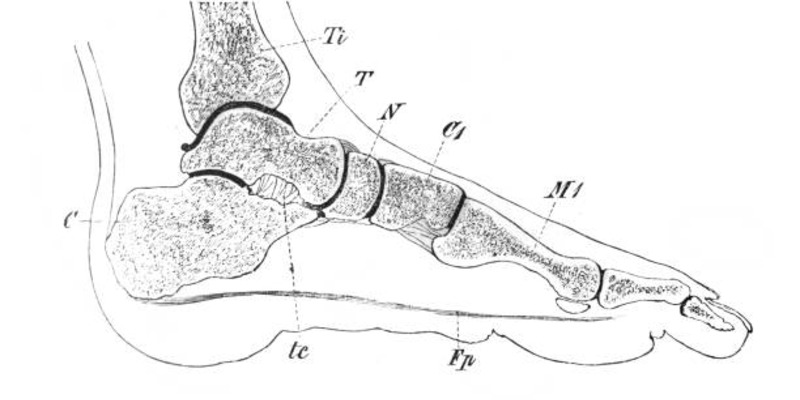Most Common Causes Of Lower Abdominal Pain
Feb 20, 2024 By Madison Evans
Lower abdominal pain can be a distressing symptom that can occur in both men and women of all ages. It is important to understand the various causes of lower abdominal pain in order to identify the underlying issue and seek appropriate treatment. In this blog post, we will explore the different factors that can contribute to lower abdominal pain and provide explanations in both medical terminology and layman's terms.
Causes of Lower Abdominal Pain
1. Digestive Issues

- One of the most common reasons for lower abdominal pain is digestive issues. These can range from relatively benign conditions like gas, indigestion, and constipation to more serious problems such as irritable bowel syndrome (IBS), diverticulitis, and inflammatory bowel disease (Crohn's disease or ulcerative colitis).
- Gas and indigestion can cause temporary discomfort, while constipation can lead to persistent pain as waste materials accumulate in the colon.
- On the other hand, conditions like IBS and inflammatory bowel diseases involve chronic inflammation of the digestive tract, leading to recurrent episodes of abdominal pain, often accompanied by changes in bowel habits, bloating, and other digestive symptoms.
- Diverticulitis, a condition where tiny pouches formed in the colon become inflamed or infected, also results in severe lower abdominal pain.
Understanding these conditions can greatly help in diagnosing the cause of lower abdominal pain and choosing the appropriate treatment.
2. Urinary Tract Conditions
Another significant contributor to lower abdominal pain is conditions related to the urinary tract. These predominantly include urinary tract infections (UTIs) and kidney stones.
- Urinary tract infections generally occur when bacteria enter the urinary tract through the urethra, causing an infection in any part of your urinary system which includes your kidneys, bladder, ureters, and urethra.
- The infection can cause pain or a burning sensation during urination and a persistent urge to urinate, along with lower abdominal pain.
- Kidney stones, on the other hand, are hard deposits made of minerals and salts that form inside your kidneys. When these stones travel down the urinary tract, they can cause severe lower abdominal pain, often described as a sharp, cramping pain that comes in waves.
- The pain may also radiate to the lower back and groin. It is important to consult a healthcare professional if you experience severe abdominal pain, as proper diagnosis and treatment is necessary for relief from urinary tract conditions.
3. Gynecological Problems

In women, gynecological problems can also be a significant cause of lower abdominal pain. Common issues include menstrual cramps, ovarian cysts, endometriosis, pelvic inflammatory disease (PID), and ectopic pregnancy.
- Menstrual Cramps (Dysmenorrhea): Painful menstrual cramps are a common cause of lower abdominal pain. They typically occur during menstruation and can range from mild to severe.
- Endometriosis: This is a condition in which tissue similar to the lining of the uterus grows outside the uterus. It can cause pelvic pain, including lower abdominal pain, particularly during menstruation.
- Fibroids: Uterine fibroids are noncancerous growths of the uterus that can cause lower abdominal pain and discomfort, especially if they are large or press on surrounding organs.
- Ovarian Cysts: These fluid-filled sacs can develop on the ovaries and may cause lower abdominal pain, particularly if they rupture or become twisted.
- Ectopic Pregnancy: When a fertilized egg implants outside the uterus, typically in the fallopian tube, it can cause lower abdominal pain, often accompanied by bleeding and other symptoms.
- Adenomyosis: This condition involves the tissue lining the uterus growing into the uterine wall. It can lead to lower abdominal pain and heavy menstrual bleeding.
- Pelvic Organ Prolapse: This occurs when the pelvic organs, such as the uterus, bladder, or rectum, bulge into the vaginal canal, causing discomfort and sometimes lower abdominal pain.
- Cervical Issues: Conditions like cervical polyps or cervical infections can lead to lower abdominal pain.
4. Other Causes of Lower Abdominal Pain
● Lower abdominal pain can also result from appendicitis, a condition in which the appendix becomes inflamed and filled with pus. It is usually accompanied by fever, nausea, vomiting, and loss of appetite.
● A hernia can cause lower abdominal pain as well. This occurs when part of an organ or tissuebulges through a weak spot in the abdominal wall.
● Gallstones can also cause lower abdominal pain due to an obstruction of the bile ducts. It is often accompanied by nausea, vomiting, and fever.
● In some cases, lower abdominal pain can be caused by psychological factors such as anxiety and stress. If the pain is persistent or severe despite treatment for physical conditions, it may be worth considering these psychological factors as well. In any case, it is important to consult a healthcare professional for proper diagnosis and treatment of lower abdominal pain.
Conclusion
Lower abdominal pain can have various causes, ranging from digestive issues and urinary tract conditions to gynecological problems and musculoskeletal causes. By understanding the potential causes in both medical terminology and layman's terms, you can better identify the underlying issue and seek appropriate medical attention. If you experiencing persistent or severe lower abdominal pain, it is essential to consult with a healthcare professional for a proper diagnosis and treatment.
-
 Jul 09, 2024
Jul 09, 2024Ultimate Protein Boost: Top Meatloaf Recipes
Discover a variety of meatloaf recipes tailored for different dietary needs, including gluten-free, low-carb, and kid-friendly options, enriched with tips and creative twists for perfect results.
-
 Dec 23, 2023
Dec 23, 2023The same pea-sized recommendation applies to ensure effective cleaning without wastage. Learn more about the uses of toothpaste.
Toothpaste Dosage: How Much is Enough?
-
 Jan 21, 2024
Jan 21, 2024Comprehensive Guide to Plantar Fasciitis Treatment Options
Discover effective treatment options for plantar fasciitis, from at-home remedies to medical interventions. Understand the condition and improve your foot health.
-
 Nov 09, 2023
Nov 09, 2023The Alarming Rise of Cancer Cases in Individuals Under 50
This explores the alarming increase in cancer cases among young adults, its impact on the healthcare system, and strategies for prevention and affordable care.
